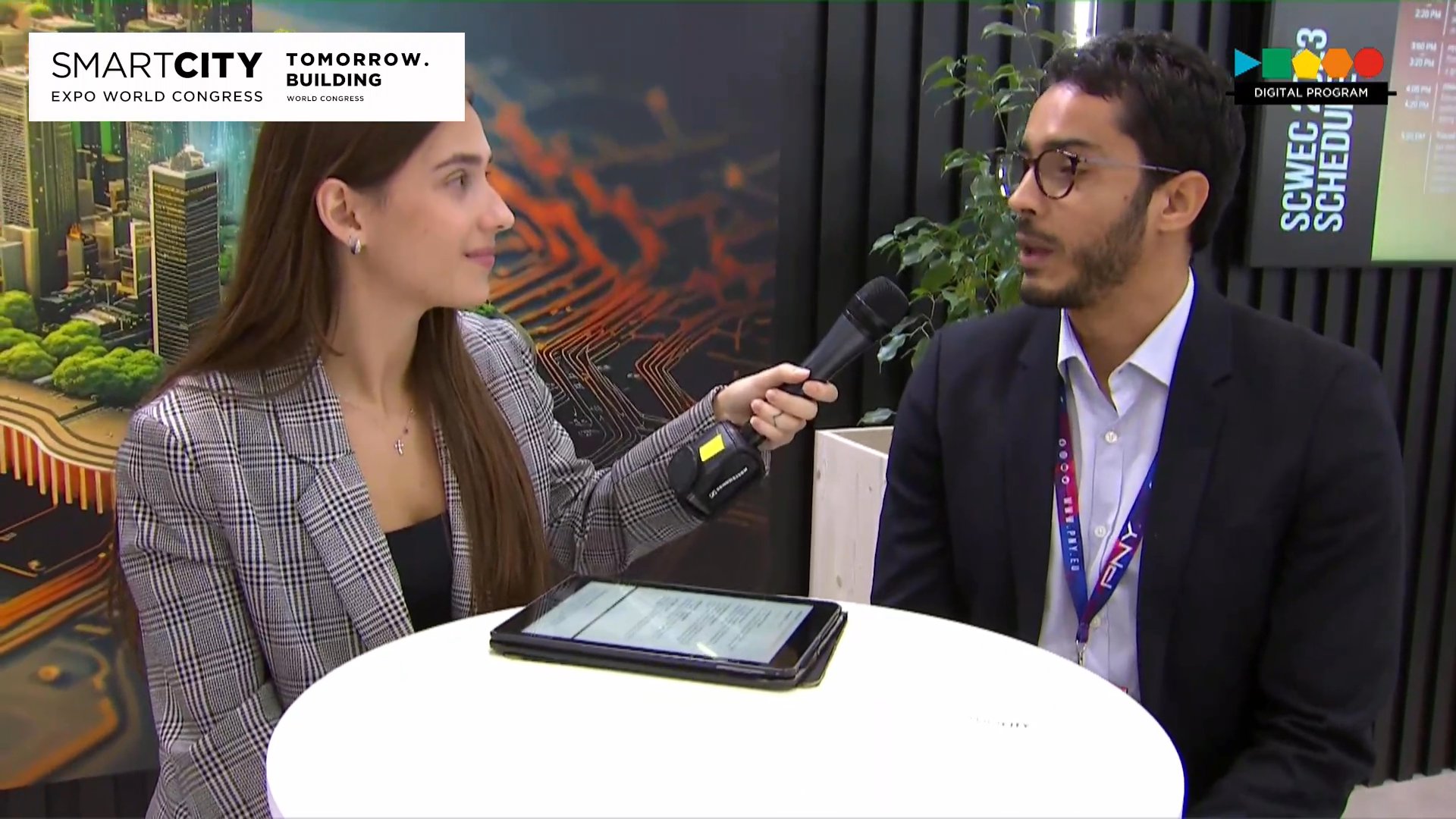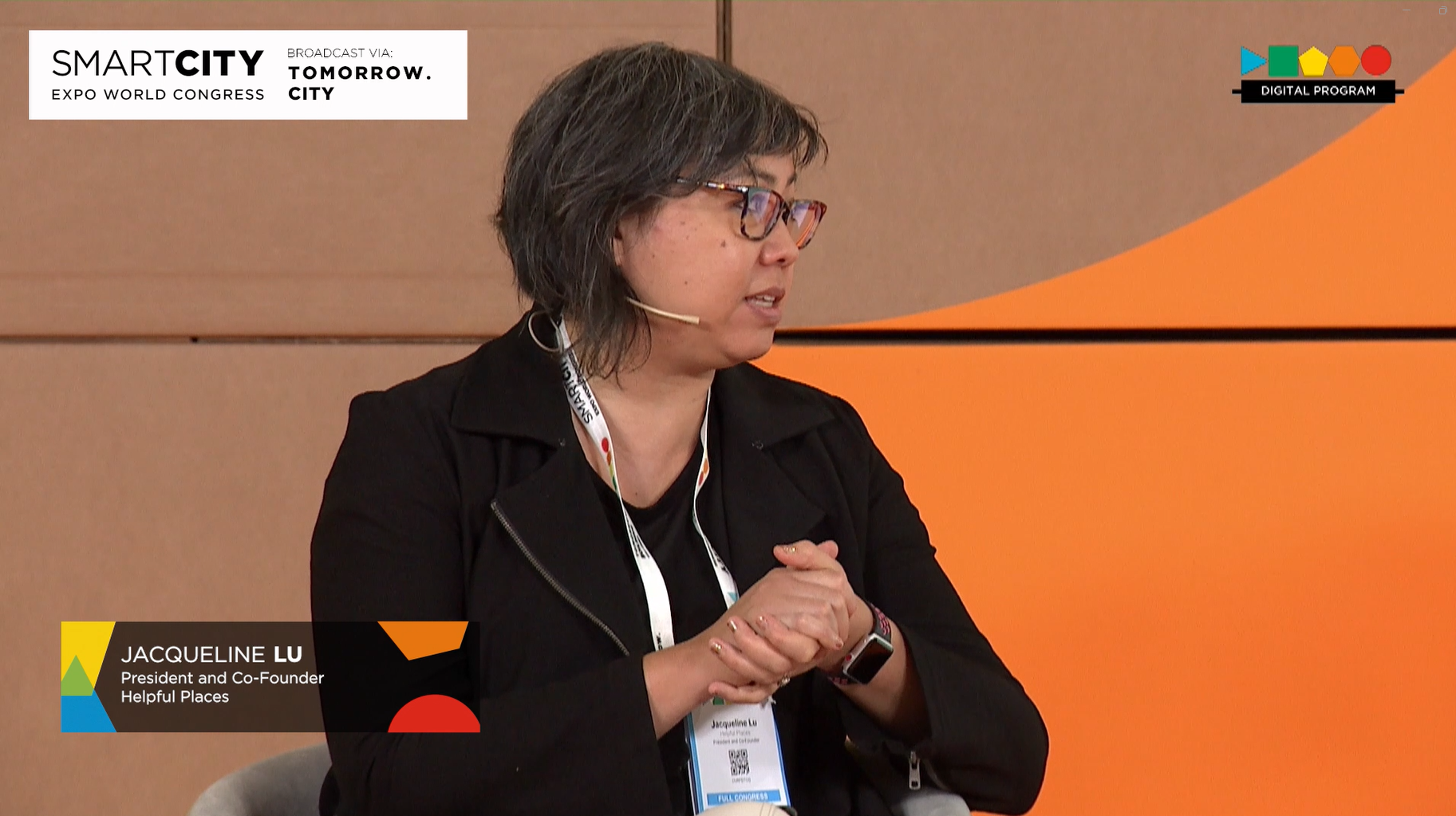Author | Eduardo BravoSmart cities’ commitment to technology, sustainability, innovation or accessibility, has not only improved the quality of life of their inhabitants: it has also become a differential element when it comes to tourists choosing where they want to relax. This is what is already becoming known as smart tourism destinations.Apart from those who want to get away from the world, visiting remote places on the planet that do not have running water or internet, most tourists prefer to enjoy the same commodities they have at home when on holiday. In other words, they want to be able to connect to social media, share their photographs and experiences, easily locate relevant sites during their stay, access them without any problems, choose the best restaurants and pay in these via electronic means.To meet this demand, the authorities in various countries are applying many of these innovations to the tourism sector, transforming their cities into smart cities. These measures not only benefit visitors, they also improve these cities from the moment their industry is activated, benefiting local businesses and creating jobs.In Spain, the Secretary of State for Tourism has shown a firm commitment to smart tourism destinations. Through the Comprehensive Quality Assurance System for Spanish Tourist Destinations (SICTED), assistance is provided for municipalities that request help to improve their tourism services through technology, innovation and big data analysis, focusing particularly on aspects such as sustainability and accessibility.All these initiatives have been established in Standard UNE 178501 Management systems for smart tourism destinations -complemented by UNE 178502 on Indicators and tools of smart tourism destinations–, establishing the requirements to be met for a national destination to be considered a smart destination. A rating which, among other advantages, enables them to form part of promotion campaigns for these places, in both national and international markets.The results of these initiatives can be accessed via www.destinosinteligentes.es. On this portal, around thirty destinations, including Almería, Badajoz, Avilés, Donostia-San Sebastián, León or Murcia, outline their smart tourism services which, in most cases, differ from more conventional tourism destinations with the installation of Wi-Fi networks in different areas of the city, by redesigning the old quarters by pedestrianizing them and making them accessible to be persons with reduced mobility and promoting the use of public transport. These places also tend to design tourism routes adapted to different visitor profiles, digitalising municipal information to enable easy access from mobile devices and implementing various training plans for SMEs and even for citizens if requested, with the aim of improving services and helping tourists if required.The importance of the work being carried out by Spain’s Ministry of Tourism in the area of smart tourism destinations, has been recognised by the World Travel & Tourism Council (WTTC) with an award in the innovation and technology category, which was received last April by Reyes Maroto, Minister for Industry, Trade and Tourism. An international award that supports the growing trend of smart destinations, which are already a reference in the tourism sector and those which, until now, had not considered this to be a strategic activity.One of the key elements of smart destinations is economic and environmental sustainability. This makes this form of tourism extremely interesting, for both places that want to explore this sector as a way of generating wealth and for those that already have an established tourism industry. In the case of the former, to be economically sustainable, the destination will need to be profitable without the need for subsidies and public aid. In the latter case, environmental sustainability will require limits to be established that prevent mass tourism, that preserve the environment, artistic heritage and guarantee the quality of life of tourists and residents alike.This is the case of Venice, an incomparable holiday destination where, despite the short-term profitability generated by cruise ships, they are studying the possibility of not allowing large tourist ships to berth in the city in order to improve visitors’ experience, preserve the environment and have the least impact possible on residents.Following the line of the Italian authorities is Toni Pérez, mayor of Benidorm, one of the most important holiday destinations in the world, which, in the past, was associated with mass tourism. Within the framework of the 19th International Tourism Forum of Benidorm, Pérez stated that his city has been working on achieving the goal of becoming “the first certified smart tourism destination in the world”. A challenge, which the mayor of this municipality in eastern Spain is facing with the firm belief that «destinations that do not address the issue of digital transformation, will end up being outside of the epicentre of global tourism».With these words, Toni Pérez confirmed that smart tourism, just as smart cities, is not just a passing phase, rather the future of the sector. In fact, the only way to ensure that the world of recreational or business trips does not become a victim of its own success, is to find a balance, today, between competitiveness, sustainability and the wellbeing of visitors and hosts alike.Images | pixel2013, DavidEstebanez, Free-Photos, Thomasstaub, Cascalheira, JeShoots-com

Makerspaces for economic development and social cohesion
Living & Inclusion





















































